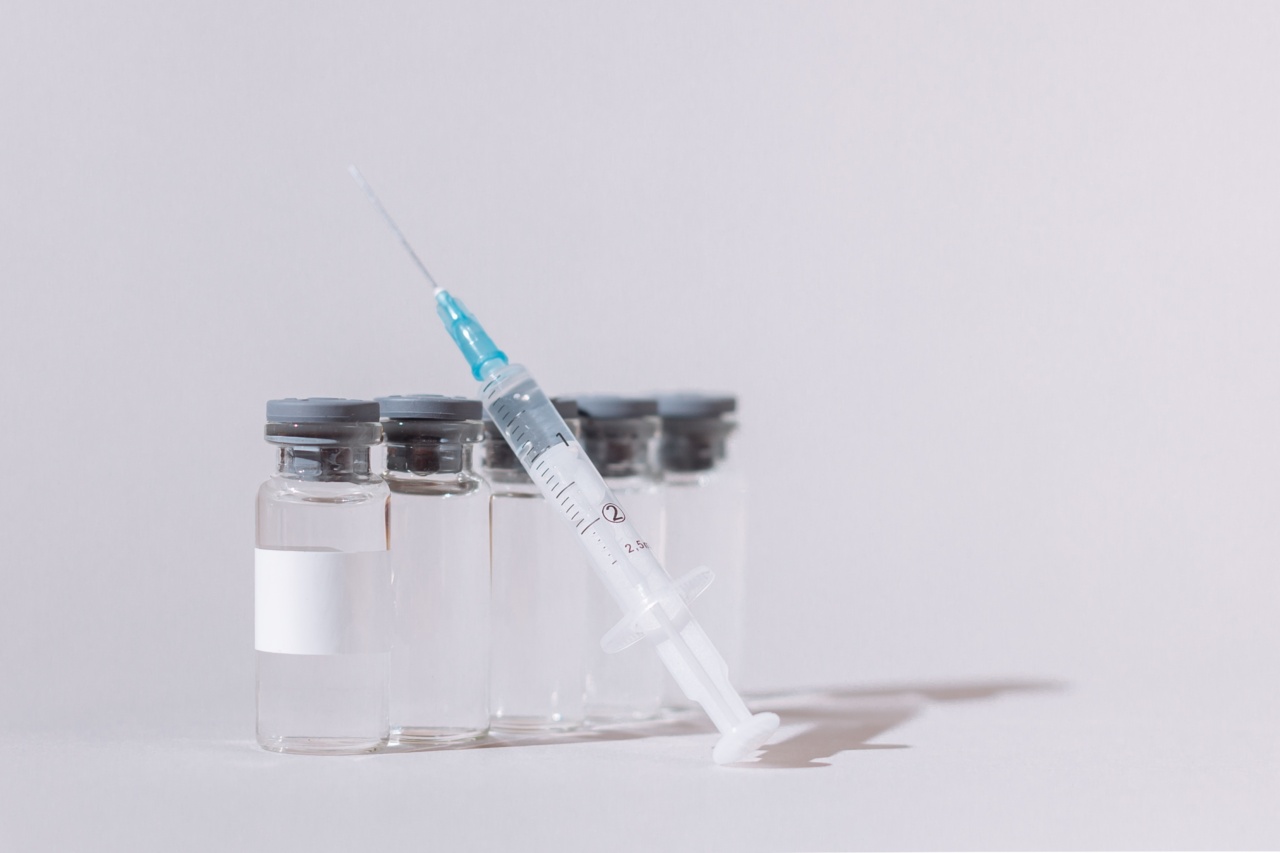The Delta variant of the SARS-CoV-2 virus has been making headlines around the world as it rapidly spreads across various countries. This variant was first identified in India in October 2020 and has since become the dominant strain in many regions.
Delta has been classified as a variant of concern by the World Health Organization (WHO) due to its increased transmissibility and potential impact on vaccine efficacy. In this article, we will explore the Delta mutation and its ability to escape the immune system.
Understanding the Delta Variant
The Delta variant, also known as B.1.617.2, belongs to the lineage named after its place of origin, the SARS-CoV-2 virus that causes COVID-19.
This variant carries multiple mutations in the spike protein, which is the crucial component that allows the virus to enter human cells. These mutations are responsible for its enhanced transmissibility, making it about 50% more contagious than the original strain.
 .
.
Increased Transmissibility
Several factors contribute to the increased transmissibility of the Delta variant. One of the primary reasons is the viral load present in infected individuals.
Research has shown that the Delta variant produces a thousand times more viral particles in the respiratory tract compared to previous variants. This high viral load increases the chances of transmission even during brief encounters.
Another factor is the shorter incubation period of the Delta variant. Studies have found that individuals infected with the Delta variant develop symptoms within an average of four days, compared to the five to six days observed with earlier strains.
This means that infected individuals can spread the virus to others more quickly, leading to rapid transmission.
Vaccine Efficacy and Immune Escape
While vaccines have played a crucial role in mitigating the spread of COVID-19, the Delta variant has raised concerns about their effectiveness.
Multiple studies have shown that the Delta variant can partially evade the immune response conferred by certain vaccines.
Recent data from real-world studies have indicated that the Pfizer-BioNTech and AstraZeneca vaccines provide good protection against severe illness and hospitalization caused by the Delta variant.
However, their efficacy in preventing mild or asymptomatic infections is lower compared to their performance against previous variants.
Research has also shown that individuals who are fully vaccinated with two doses of a COVID-19 vaccine have a significantly reduced risk of severe disease or death from the Delta variant compared to those who are unvaccinated.
Nevertheless, breakthrough infections can still occur, especially in areas with high transmission rates.
Effects of Mutations on Spike Protein
The spike protein plays a crucial role in the entry of the SARS-CoV-2 virus into human cells.
Mutations in this protein, such as those found in the Delta variant, can impact its interaction with receptors on human cells as well as its recognition by neutralizing antibodies produced by the immune system.
A key mutation in the Delta variant is L452R, which affects the receptor-binding domain (RBD) of the spike protein. This mutation has been associated with increased infectivity and immune evasion.
The L452R mutation alters the conformation of the spike protein, allowing it to bind more tightly to human cells and potentially evade recognition by certain neutralizing antibodies.
Another mutation in the Delta variant is T478K, which is located adjacent to the furin cleavage site of the spike protein. This mutation may enhance the fusion of the viral membrane with host cells, leading to increased infectivity.
Immune Evasion Mechanisms
The Delta variant utilizes various mechanisms to evade the immune system, making it challenging for antibodies to neutralize the virus effectively.
One of the mechanisms is the ability of the Delta variant to escape neutralization by antibodies generated through previous infection or vaccination.
Studies have found that the Delta variant can partially evade the neutralizing antibodies produced in response to earlier strains of the virus.
This reduction in antibody recognition is attributed to mutations in the spike protein, including those mentioned earlier. The altered conformation of the spike protein hampers the binding of neutralizing antibodies, making their neutralizing activity less effective against the Delta variant.
In addition, the Delta variant’s ability to replicate rapidly and produce a higher viral load in the respiratory tract may overwhelm the immune system’s response, further hindering the neutralization of the virus.
This viral replication advantage contributes to the increased transmissibility of the Delta variant and the challenges in controlling its spread.
Importance of Vaccination and Enhanced Public Health Measures
Despite the challenges posed by the Delta variant, vaccination remains a crucial tool in minimizing severe disease and hospitalization.
Vaccinated individuals are still less likely to experience severe symptoms if infected with the Delta variant compared to those who are unvaccinated.
To combat the spread of the Delta variant, enhanced public health measures such as mask-wearing, social distancing, and improved ventilation are necessary.
These measures help reduce the viral transmission rate and provide additional protection to individuals, particularly those who are more vulnerable to severe COVID-19 outcomes.
Conclusion
The Delta variant, with its increased transmissibility and potential immune evasion, highlights the need for ongoing research and vigilance in managing the COVID-19 pandemic.
While vaccines continue to play a crucial role in preventing severe illness, it is essential to adapt public health strategies to address the challenges posed by emerging variants. By staying informed and adhering to recommended preventive measures, we can collectively contribute to controlling the spread of the Delta variant and protecting our communities.



























